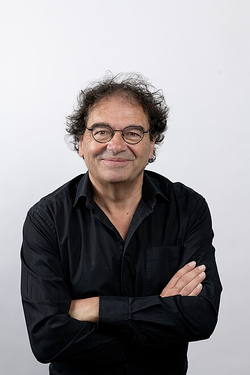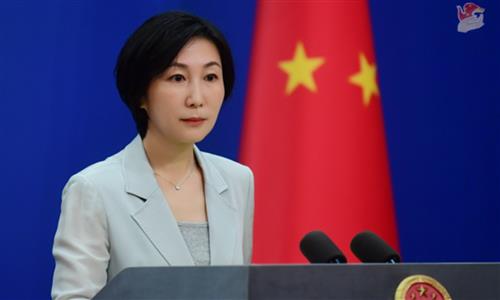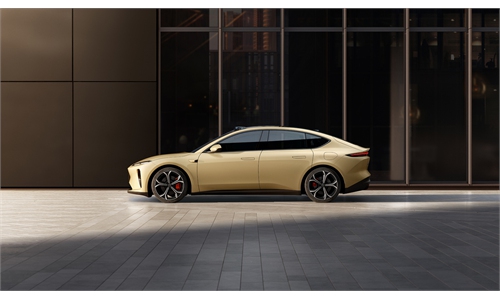European enterprises could lose competitiveness if EU slaps tariffs on Chinese EVs: former EC chief economist

Rudy Aernoudt
If the European Commission slapped tariffs on Chinese electric vehicles (EVs), it could mean that European enterprises become a bit lazy and they may lose competitiveness in the long term due to the lack of cut-throat competition, Rudy Aernoudt, a European economist and the former chief economist of the European Commission, told the Global Times. He called for the two economies to find ways of collaboration rather than simply blocking [Chinese EV-makers' access] to European market.
The comment comes as the EU reportedly will vote on import tariffs on China-made EVs next week, and a number of EU member countries and companies have voiced objection to the potential tariff hikes. China's Commerce Ministry said earlier that technical teams from China and the EU "are actively negotiating a flexible price undertaking solution."
With regards to the tariff, Aernoudt noted that it could be good thing for the European industry in the short term. But in the long term, it means European industries "lose competitiveness" from an economist's point of view.
"Why not encourage Chinese companies to invest and build in Europe?" he asked. "If you look today out of all the manufacturing in the world, 35 percent is made in China. So we can be against or in favor of 'made in China,' but the facts are there. If you want to do business, you will work with Chinese suppliers, with Chinese customers as well," he said.
Aernoudt, who also works as a professor at Belgium-based Ghent University, took example of the important role Chinese firms have played in the development of automobile industry in Belgium in the past years.
According to him, Belgium, with seven automakers, used to be the country with the highest level of the number of cars production per capita in Europe. However, after six companies withdrew, Chinese vehicle-maker Geely which took over Volvo's factory in Belgium was the only one left.
"Before Geely's takeover, the factory [recorded] a huge loss. Now the company is making huge profits, thanks to a rapid innovation in design and manufacturing… Thanks to the Chinese company, otherwise you [the Belgian auto industry] would have lost everything," he said.
Aernoudt called the Chinese and European sides to understand each other and find a collaborative model to "stop a kind of escalation in trade friction and get out of" the shadow.
He also highlighted the momentum of China-EU economic cooperation in the past years, which was a vivid display of the idea of free trade that makes growth and prosperity.
Though the idea of free trade has hit some roadblocks in recent days, "what we should avoid is that we are not at the end of globalization. Instead, we are striving together for a more intelligent form of globalization," he stressed.




